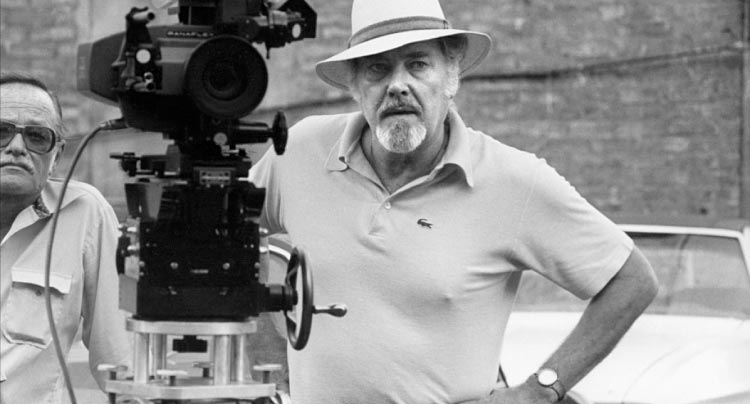
A neatly structured remembrance of one of Hollywood's greatest directors.

A neatly structured remembrance of one of Hollywood's greatest directors.
Simplicity can be the most effective method sometimes, especially in the case of Ron Mann’s documentary Altman. Instead of taking an ambitious approach to legendary director Robert Altman’s life, Mann shows the life and career of his subject with a concise, linear presentation. Framing the film around the definition of “Altmanesque,” Altman goes through the filmmaker’s work one at a time in chronological order, starting with his work on television up to his swan song A Prairie Home Companion. Through this (what appears to be) basic approach, Mann creates a touching tribute to one of film’s greatest directors, a profile that never feels hagiographic because it lets the work speak for itself.
It also lets Altman speak on his own behalf. Culling from hours upon hours of interviews and footage taken before Altman’s death, Mann ends up turning Altman into the posthumous narrator of his own biography. After leaving the Air Force, Altman took up writing before lying his way into directing industrial films, a time of his life he refers to as his film school. From there he directed The Delinquents, and that led him into doing TV work through the 50s and 60s. This is the same time when Altman met his wife Kathryn who, along with other members of Altman’s family, take over narrating duties from time to time.
According to Altman’s wife, pushback from producers over Altman’s attempts to add realism to the shows he worked on (including one time when producers refused his suggestion to cast a black actor in a lead role) led him to quit television altogether, making his way into film instead. That didn’t turn out so well at first, with the head of Warner Brothers kicking him off of the 1967 film Countdown. The reason? After watching footage of Altman’s work on the film, the studio head was horrified to discover he had actors “talking at the same time.”

These kinds of neat anecdotes from Altman and his family make up a lot of the film, something fans of Hollywood gossip will thoroughly enjoy hearing about. These stories, mostly involving techniques used by Altman on his films (including his ground breaking use of the eight-track stereo sound system in California Split) or battles with producers and studios, also paint a vivid picture of the kind of filmmaker Altman was. His films were all over the place in terms of genre, whether it was a war movie like M*A*S*H or a Western like McCabe and Mrs. Miller, but they were all distinctly Altman.
Also unique for Altman was how much he defined himself by his work. Once his sons got old enough they began working as crew members on his projects. At one point his son Stephen talks about how, for Altman, his work took priority over his family (it’s one of the only times any criticism is heard, which isn’t surprising considering the direct involvement of Altman’s family with the production). As Mann goes through the years of Altman’s life, his formal approach starts to make perfect sense. Altman lived for filmmaking, as evidenced by the countless film and TV productions he worked on for over 5 decades, so defining his life through a career-based perspective feels like the most accurate portrayal. According to Altman’s family, there’s no need to delve into his life off set; the film set was his home.
Mann’s use of archival footage and narration to form a biographical narrative, while familiar, also feels somewhat unconventional, a welcome departure from the blandness of most filmed biographies. Mann does make one bold choice, though: peppered throughout are clips of Altman collaborators (including Robin Williams, Bruce Willis, Julianne Moore, Lily Tomlin and Elliott Gould, among many others) giving their own definition of “Altmanesque.” The fact that Mann only uses his interview subjects for these brief moments feels daring, like a defiant move to avoid relying on a talking heads format. The segments also provide a chapter-like structure, with each person’s definition relating to the next phase of the director’s career.
This kind of smart, neat structuring makes Altman one of the year’s finest documentaries, a shining example of how to properly examine the life and career of such a prolific figure.